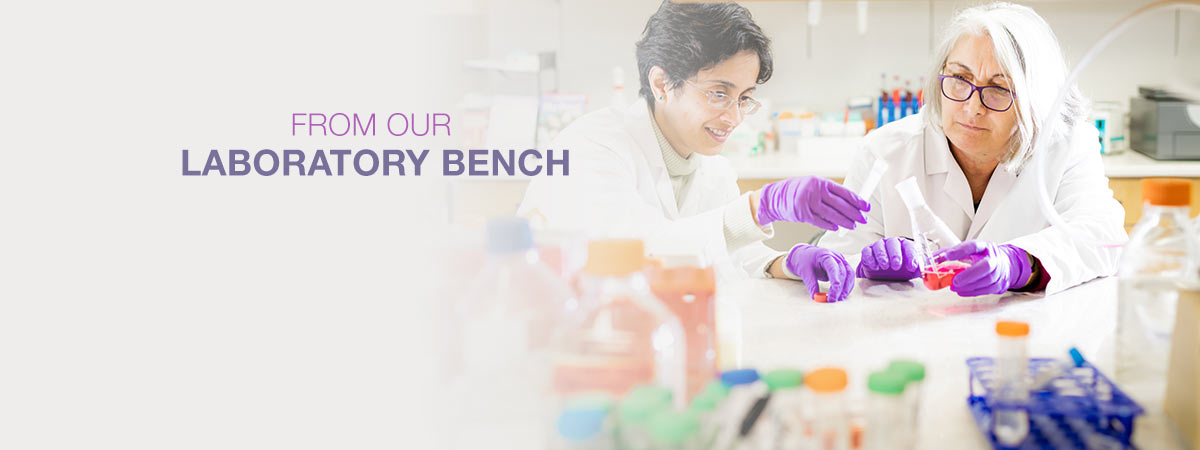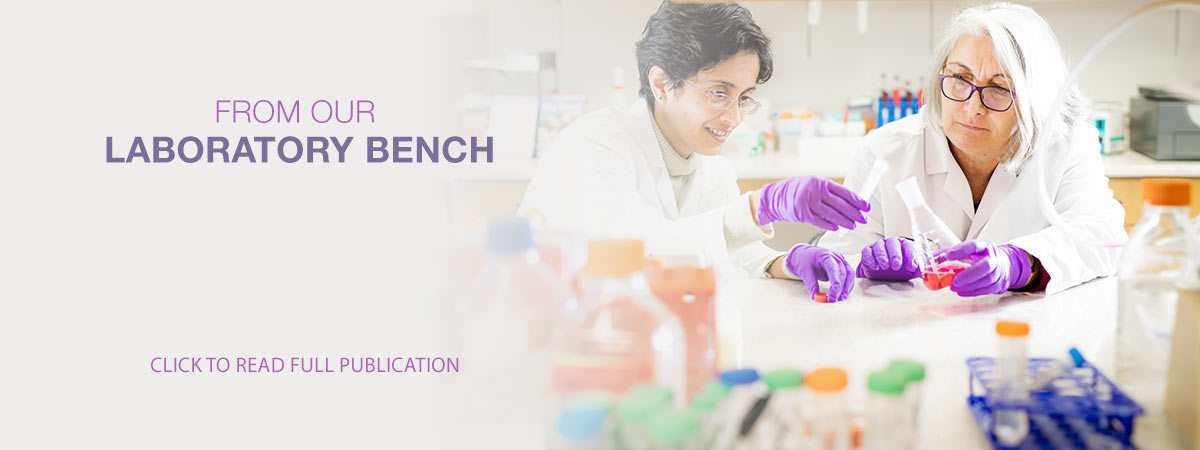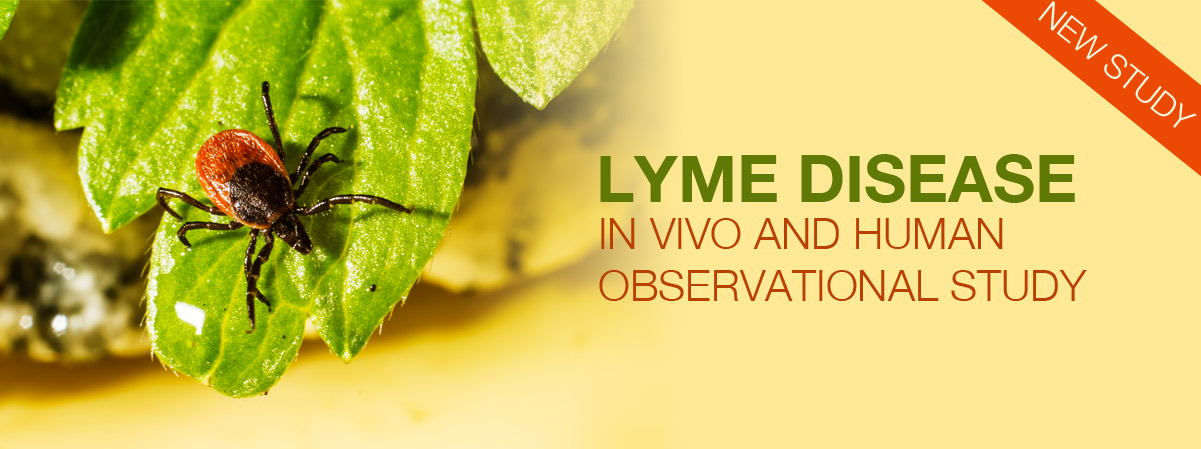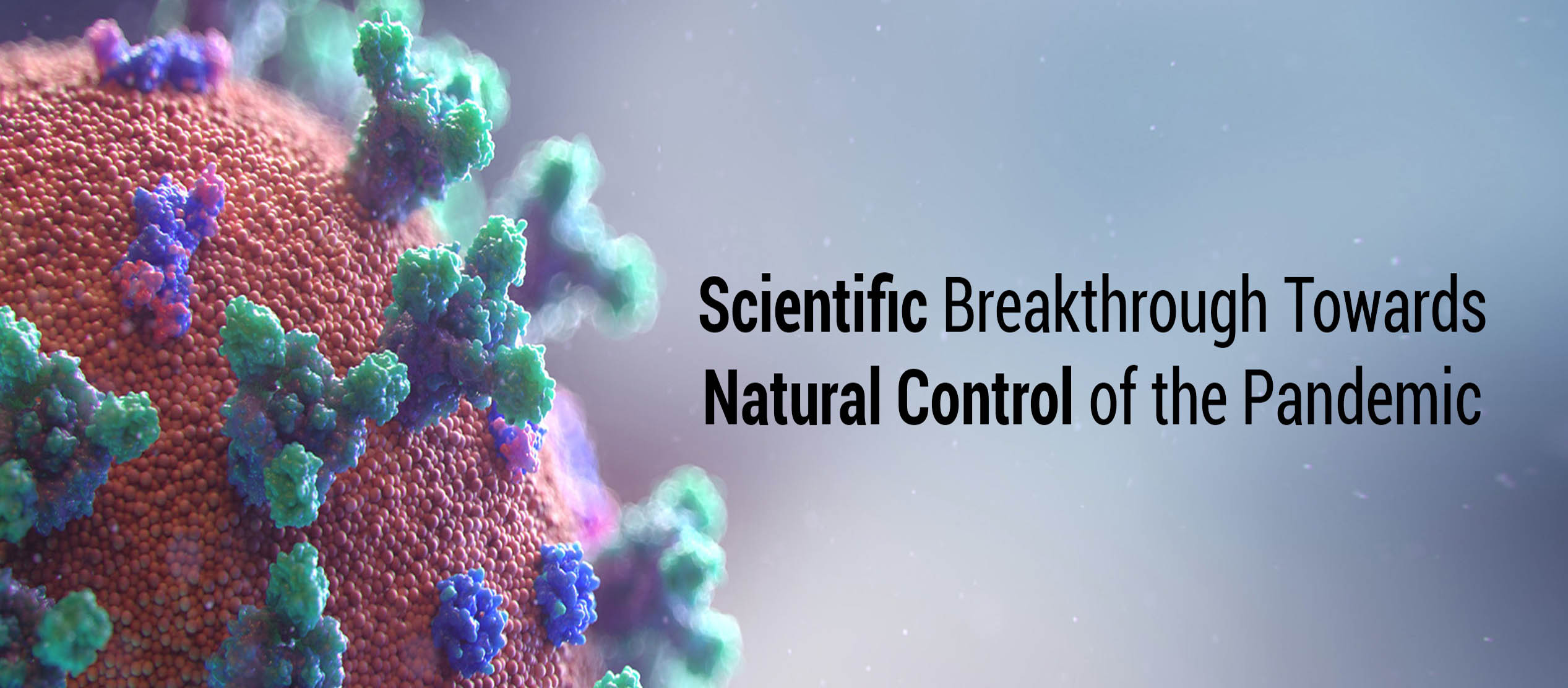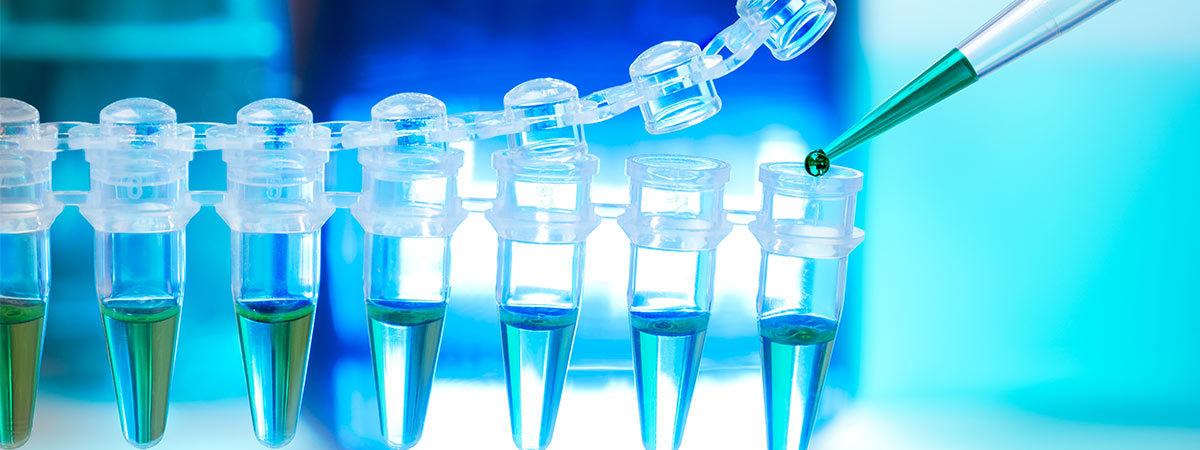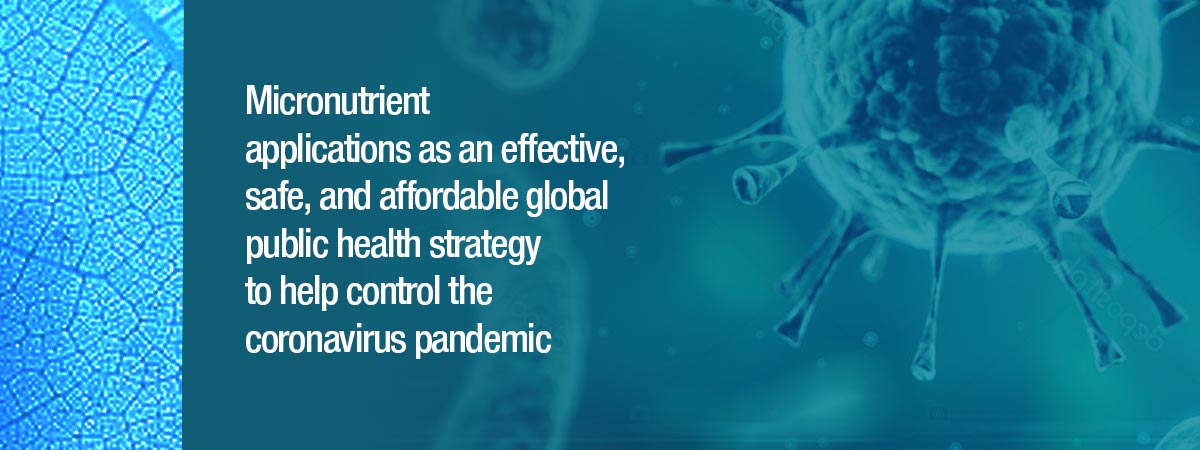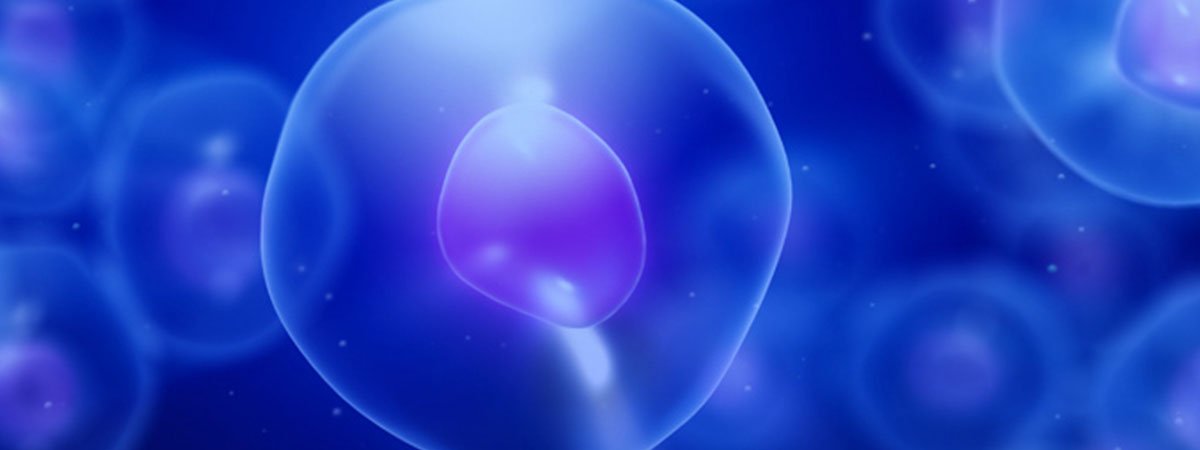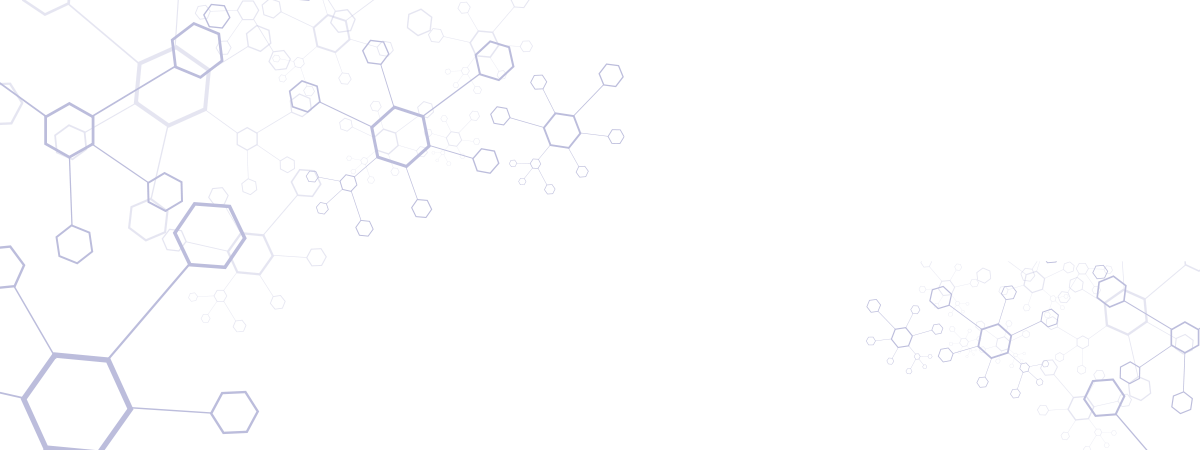V. Ivanov, S. Ivanova, A. Niedzwiecki, M. Rath
Journal of Cellular Medicine and Natural Health, June 2019
Breast cancer is the most common cancer in women worldwide with over 508,000 deaths due to breast cancer in 2011. Current breast cancer therapies include localized surgery and radiation, as well as systemic treatments such as chemotherapy and hormone therapy.2 Although newer pharmaceutical options, such as targeted therapy and immunotherapy are being developed, the effective control of breast cancer is still out of reach. The use of natural components in cancer therapy has historically been a part of folk medicine, but recent research advancements in biologically active natural ingredients have established a solid scientific base for developing non-toxic and effective cancer approaches. Studies at the Dr Rath Research Institute documented that a combination of natural components, including vitamin C, polyphenols from green tea, the essential amino acids lysine, proline and arginine, N-acetyl cysteine and others, can affect key mechanisms involved in cancer. Several in vivo and in vitro studies confirmed the efficacy of this nutrient composition in inhibiting cancer cell growth, tissue invasion and metastasis, inducing natural cell death (apoptosis), and curtailing neo-vascularization of tumors in over 55 human cancer cell lines.
An increasing number of studies indicate the anticancer potential of vitamin D in triggering cancer cell cycle arrest, stimulation of apoptosis and inhibition of invasion, metastasis and angiogenesis. It has been shown that vitamin D can interact with estrogen receptors and have positive effects in controlling estrogen-dependent breast cancer, however, specific cellular mechanisms involved are still not sufficiently understood. Also, epidemiological findings show an inverse association of circulating vitamin D levels with breast cancer.
Full Study:
